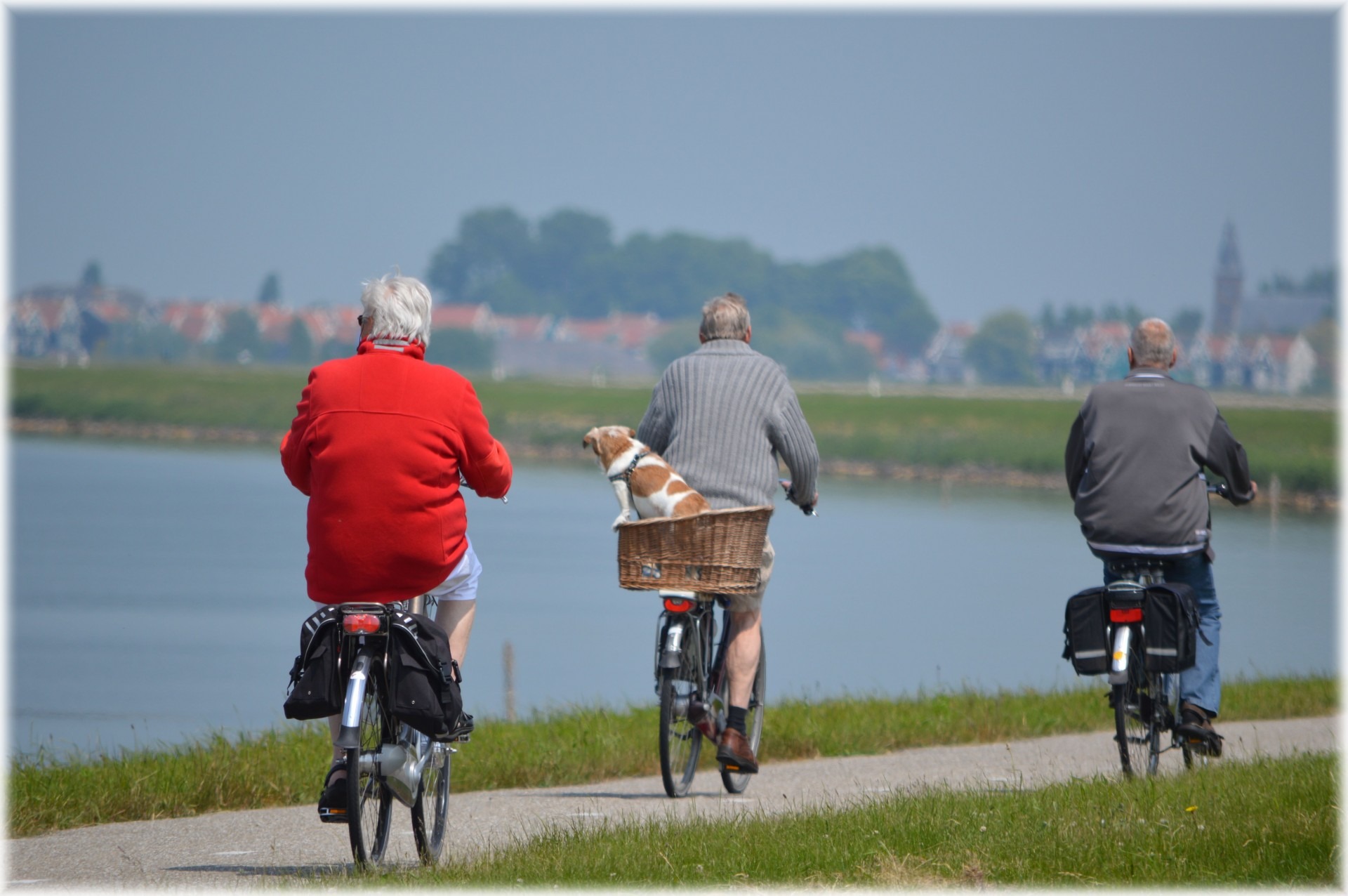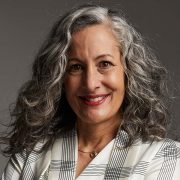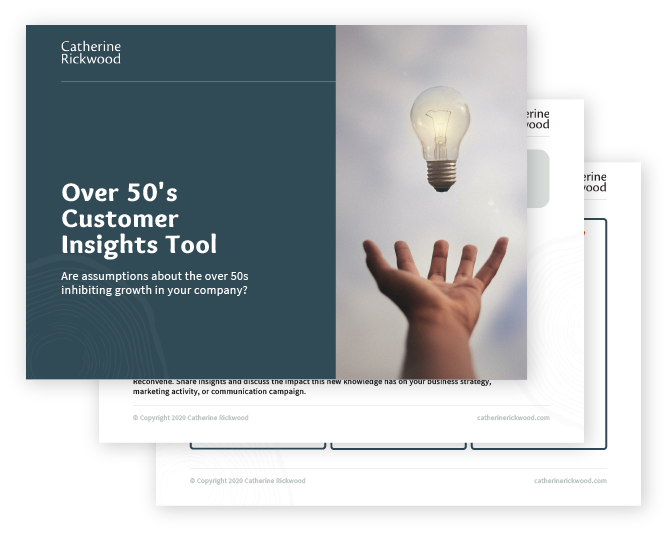“I don’t feel my age.”
Old isn’t a number.
Old is an attitude.
Old is more likely to be associated with physical or cognitive decline.
Discussions we’ve held with baby boomers reveals that people often feel ten or twenty years (or more) younger than their actual age! Often, old was either someone else, or someone older.
For example, one 60+ male said:
“I still feel the same as when I was 25, but physically I can’t do the same things.”
A female between 50-60 said:
“I don’t think I feel any different to when I was 40. “
Along with feeling younger than their actual age, baby boomers also expressed a sense of confidence. They associate this with an internal sense of knowing themselves better. Women, in particular, feel more confident and declare a sense of freedom with becoming older. This is generally a result of either being empty-nesters or their children being older and more independent. The days of nappies, dressing small children, and Mum as taxi-driver are often behind them.
It was also common for baby boomers to express frustration at being ignored or labeled as “old”. A recurring story from a number of people was associated with a frustration and irritation with news stories about people 60 years old (for example) being reported as either an ‘old person’ or ‘old people’.
Males vs Females
Men and women seem to have an awareness that there’s a need to reinvent their life as they age. Awareness that this includes a good diet, exercise, creation of personal relationships, and a need to be doing something beyond travel and relaxation is understood. What we noticed in our face-to-face discussions is that women often embraced this enthusiastically. Whilst men had the same awareness, they could be more confronted as they considered the transition from full-time work to something else. Women had experienced flexible lifestyles associated with being the primary carer in the family and had reinvented themselves throughout their lives. Also, women often had stronger social networks beyond the workplace. For many men, creating a life beyond and outside of a full-time job was a first time experience.
Regardless of gender, everyone that participated in the discussions found a sense of reassurance in the conversation. Sharing stories and views about their lived experience of ageing were viewed as positive, enlightening, and stimulating.
Key Lessons
The most important lesson is that ageing is all about attitude.
Three other lessons:
- Talk about becoming older with friends – share your experiences. Be open and honest.
- Enjoy the sense of confidence and freedom that comes with ageing.
- Ignore stereotypes and defy the ageist attitudes often peddled in the media and online.
Of course, ageing also comes with its difficulties. Financial concerns, caring responsibilities, and physical or cognitive decline pose challenges. These will be discussed in the future. Stay tuned. And, if there were anything you’d particularly like to learn more about or understand, please let us know.
[et_bloom_inline optin_id=”optin_1″]



